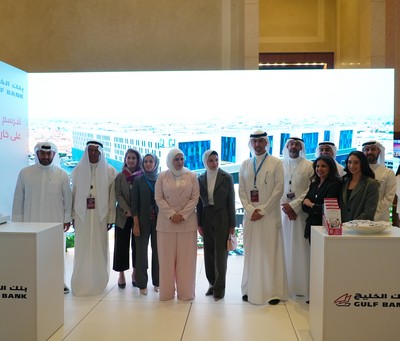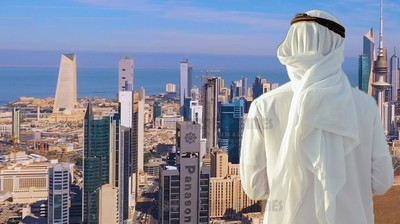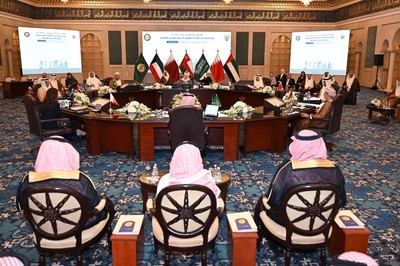KUWAIT CITY, May 18: Gulf Bank’s General Manager of Corporate Banking, Mr. Faisal Al-Adsani, reaffirmed the Bank’s unwavering commitment to supporting Kuwait’s Vision 2035 by financing developmental and sustainable projects that drive economic competitiveness, improve quality of life, and create job opportunities.
Mr. Al-Adsani delivered these remarks during the third Kuwait Public-Private Partnership (PPP) Conference, held under the theme “Partnership Projects: A Promising Start to a New Era,” and under the patronage of Her Excellency Eng. Noora Al-Fassam, Minister of Finance, Minister of State for Economic and Investment Affairs, and Chair of the Higher Committee for PPP Projects.
What we have accomplished so far marks only the beginning—the best is yet to come,” said Al-Adsani. “As long as we continue working together in the spirit of collaboration and maintain our optimism for the future, we can achieve even greater milestones.” He emphasized that Public-Private Partnership (PPP) projects have become a fundamental pillar in driving Kuwait’s comprehensive and sustainable development.
Since its establishment in 1961, Gulf Bank has been a key partner in Kuwait’s development journey, leveraging its capabilities to finance projects that deliver tangible benefits to the community. The Bank’s contributions have consistently supported the country’s strategic vision, responding proactively to the changing needs of the country and its people.
Mr. Al-Adsani highlighted several key projects Gulf Bank has contributed to financing:
• Al-Shaheed Park Phase III: More than a public park, it is a national space integrating nature, history, and culture while offering a sophisticated educational and recreational environment.
• Cultural Infrastructure: Gulf Bank provided financing for the Sheikh Jaber Al-Ahmad Cultural Centre and the Sheikh Abdullah Al-Salem Cultural Centre— two iconic landmarks that reflect Kuwait’s dedication to creativity, knowledge, and the preservation of national identity. The Bank also supported the development of facilities at Kuwait University Shadadiya campus, contributing to the enhancement of the higher education environment.
• Healthcare Sector: Gulf Bank financed the construction of the new Farwaniya Hospital and the Ahmadi Hospital for the Kuwait Oil Company (KOC), supporting the national initiative to modernize healthcare infrastructure and enhance the quality of medical services across the country.
• Industrial Development:Gulf Bank financed the new headquarters of EQUATE, setting a benchmark in seamlessly integrating real estate development with modern institutional requirements.
• Transportation and Road Development:Gulf Bank supported major infrastructure projects such as the Al-Wafra and Al-Mutlaa roads, enhancing geographic connectivity and logistics.
• Government Services:The Bank provided financing for the Ministries Complex, a centralized hub designed to enhance operational efficiency and simplify access to government services for citizens.
• Major Infrastructure: Gulf Bankcontributed to the iconic Sheikh Jaber Al-Ahmad Al Sabah Causeway, one of Kuwait’s modern engineering marvels that connects the country’s coasts and symbolizes national ambition and progress.
• Housing Projects:The Bank supported the Wafra Living residential project in Jabriya as a model for modern living. Additionally, financed 587 residential units and related infrastructure in East Sabah Al-Ahmad City, the Sabah Al-Ahmad City – S3 project featuring a hotel and commercial complex with a distinct Kuwaiti identity, and the J3 residential and commercial project in Jaber Al-Ahmad City.
• Sports Infrastructure:Gulf Bank financed the new Fahaheel Football Stadium, a significant addition to Kuwait’s expanding sports facilities.
Al-Adsani concluded, “These projects are not just numbers or structures — they are investments in the people of Kuwait, in their future, and in their quality of life. They reflect the power of collaboration between the public and private sectors, driving us toward new opportunities for sustainable and meaningful partnerships.”
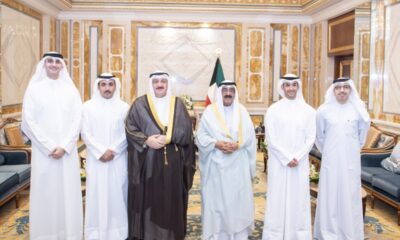
 Latest News22 hours ago
Latest News22 hours ago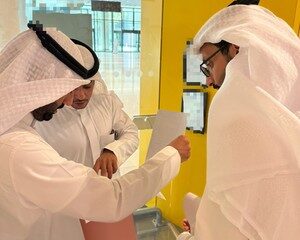
 Politics23 hours ago
Politics23 hours ago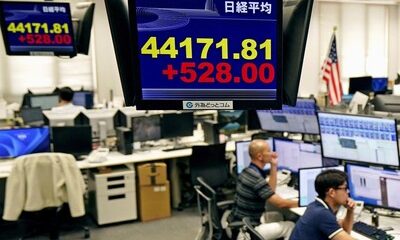
 Business23 hours ago
Business23 hours ago
 Latest News12 hours ago
Latest News12 hours ago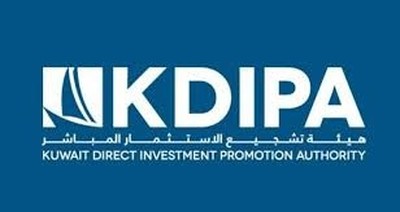
 Business21 hours ago
Business21 hours ago
 Politics21 hours ago
Politics21 hours ago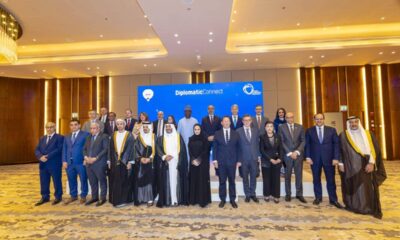
 Latest News23 hours ago
Latest News23 hours ago
 Latest News13 hours ago
Latest News13 hours ago
